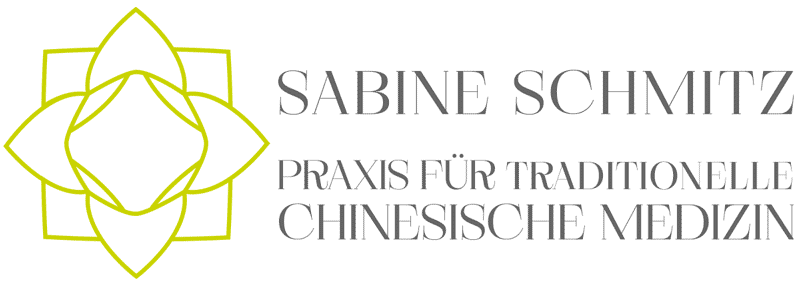
In Traditional Chinese Medicine (TCM), Gynecology (women’s disorders) is one of the main branches with unique features. Chinese Gynecology (fù kē, 妇科) treats the entire spectrum of gynecological disorders, from premenstrual tension to period pain, from amenorrhea to menopausal symptoms, from endometriosis and myoma to infertility. Within the context of Chinese obstetrics, TCM treats discomfort during pregnancy, threatened miscarriage and prepares the mother for the delivery.
The history of Chinese Gynecology
Chinese Gynecology was established as an official medical specialty in Traditional Chinese medicine (TCM) over a thousand years ago in the Táng Dynasty (618-907) and Sòng Dynasty (960-1279), although some Chinese gynecologists had already practiced Chinese Gynecology hundreds of years before that. There is evidence as far back as the Qín- (221 BC – 207 BC) and Hàn Dynasty (206 BC – 220 AD).
Over the centuries the principles and treatment methods of Chinese Gynecology have been further developed and refined. Thus, today we can speak about a completely independent and sophisticated specialty, which is used to great effect today.
How does Chinese Gynecology work?
Traditional Chinese Medicine (TCM) has a profound understanding and knowledge of Gynecology and the treatment of gynecological disorders. It is said that a woman’s good health depends upon the well-coordinated regulation and harmony of the qì and blood. This means, if the woman’s physiology, the interaction of qì and blood and the associated organs, functions synergistically, the female body is not likely to develop menstrual disorders, gestational diseases, menopausal disorders and birthing diseases.
When coming to my practice, this is what you can expect: After a detailed survey of your cycle, your period and diagnosing your pulse and tongue, the most effective treatment plan is created for you. Your individual treatment plan aims to restore and align your normal body functions. The earlier an intervention takes place, the faster and more effective pathogenic processes can be treated or prevented. In TCM Gynecology the predominant therapies are Chinese Herbal Medicine and Acupuncture. Individual advice on dietary behavior and lifestyle habits will complete your therapy.
Areas of application of Chinese Gynecology
- Menstrual disorders: menstrual irregularities (too long, too short, irregular), too much or too less menstrual blood, amenorrhea (absence of a menstrual period), PMS (Premenstrual syndrome), dysmenorrhea (period pain), infertility
- Menopausal syndrome (menopausal disorders): hot flashes, night sweats, vertigo, sleep problems, fatigue, mood changes and irritability
- Vaginal discharge: itching, inflammation, infection
- Chinese obstetrics: discomfort during pregnancy such as morning sickness, back pain, abdominal pain and supportive therapy for delivery
- Symptoms after childbirth: pain, fever, night sweats, exhaustion, anemia (low blood cell count, low hemoglobin) and lactation disturbances
- Other: endometriosis (abnormal growth of the endometrium outside the uterus), PCOS (polycystic ovary syndrome), myoma (benign tumor of the uterus), emotional problems, inflammation and infection of the lower abdomen
Additional specialties
Infertility / Fertility Treatment
Chinese Dermatology
Miscellaneous (TCM – General medicine)


